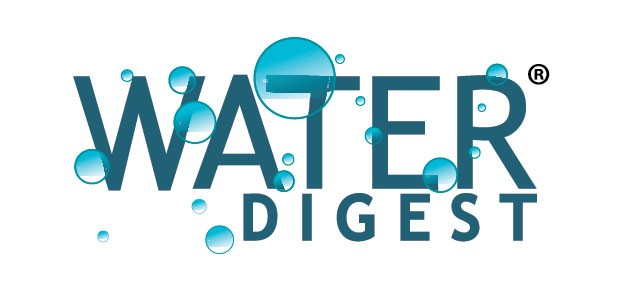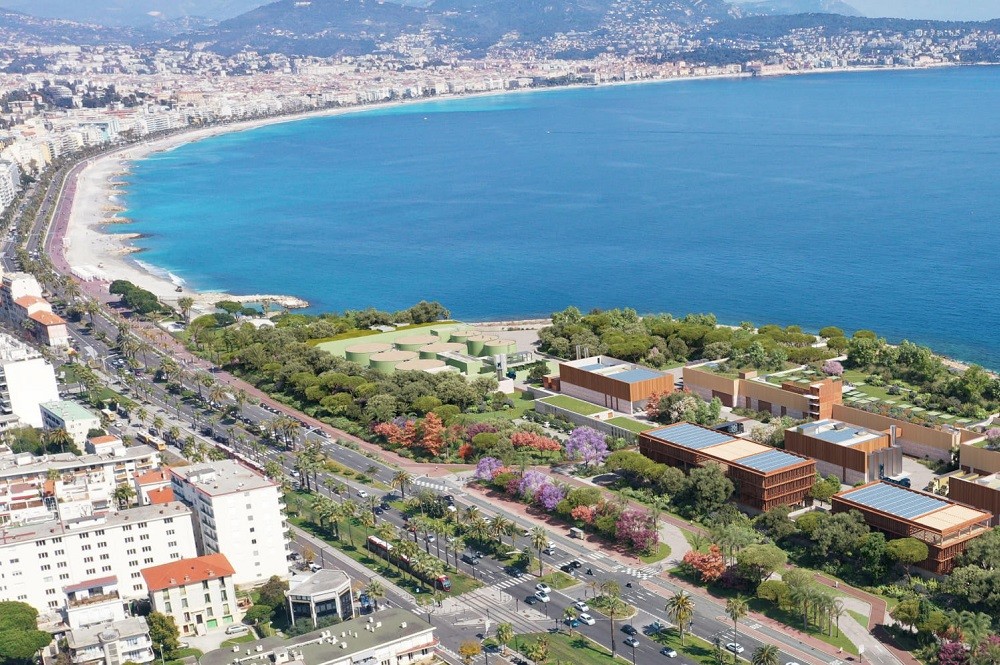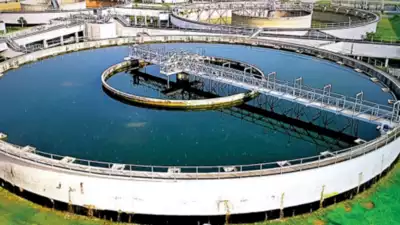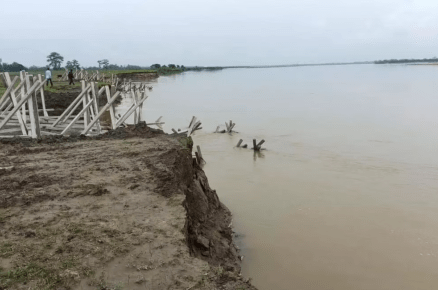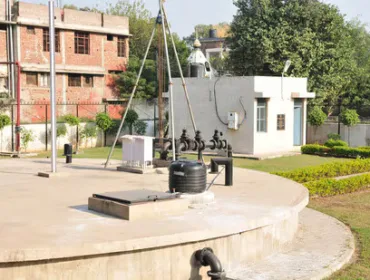Representing a market of €700 million, the new plant will meet future environmental and health standards, as well as future needs of community. It will treat wastewater of 26 municipalities, representing 680,000 residents.
WD News: Christian Estrosi, Mayor of Nice, President of the Métropole Nice Côte d’Azur and Deputy President of the Région Provence-Alpes-Côte d’Azur and Sabrina Soussan, Chairman and CEO of SUEZ, have presented the future, next-generation wastewater recovery and treatment complex for the Métropole Nice Côte d’Azur: Haliotis 2, the largest project in France and one of the largest in Europe.
Haliotis 2 will be a true European hub for advanced “all-in-one” technologies working toward ecological transition to treat and reuse wastewater, eliminate all types of pollutants including microplastics, treat sewage sludge and sand, and improve air quality, all while generating new renewable energy sources (biomethane, solar, heat and cold for buildings).
The water treatment performance of Haliotis 2 will exceed sanitary standards with nearly 90% of microplastics being eliminated by the plant.
It will have an industrial unit for the reuse of treated wastewater capable of recycling 5 million cubic metres of water per year, which is enough to water the green spaces and clean the roads of city of Nice.
Haliotis 2 will also have exemplary energy credentials as it will help to decarbonise the region. It will produce four times the energy that it consumes today. It will enable optimal energy recovery of sludge from wastewater treatment and produce sufficient biomethane for 11,000 homes, or the equivalent of 290 buses. The additional energy potential of dried sludge will be fully exploited at the Ariane energy recovery unit in Nice via its heating network. Lastly, the heat potential of treated wastewater will be exploited via the heating network irrigating the airport and the Grand Arénas district.
Work is scheduled to begin in the second half of 2024, with entry into service taking place gradually between 2025 and 2030. This phasing will ensure the continuity of the public water treatment service throughout the duration of the project.
Christian Estrosi said: “This project will play an important role in achieving the objective of our Climate Plan, which aims to reduce our greenhouse gas emissions by 55% by 2030 and achieve carbon neutrality by 2050.”
“Haliotis 2 will be an environmental benchmark. It will combine the reduction of microplastics, the reuse of treated wastewater and the production of green and local energy, said Sabrina Soussan, Chairman and CEO of SUEZ.
Source & image courtesy: SUEZ
